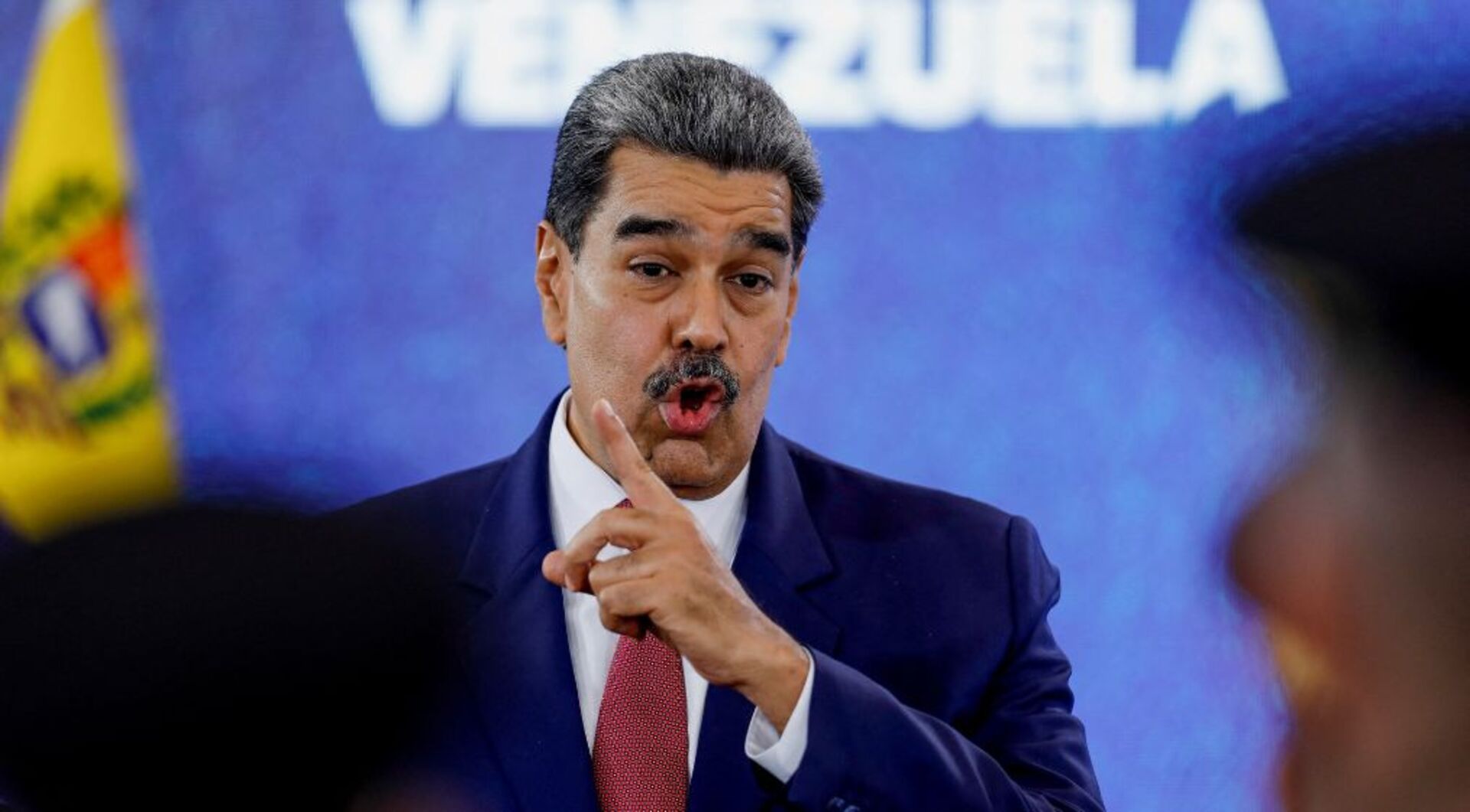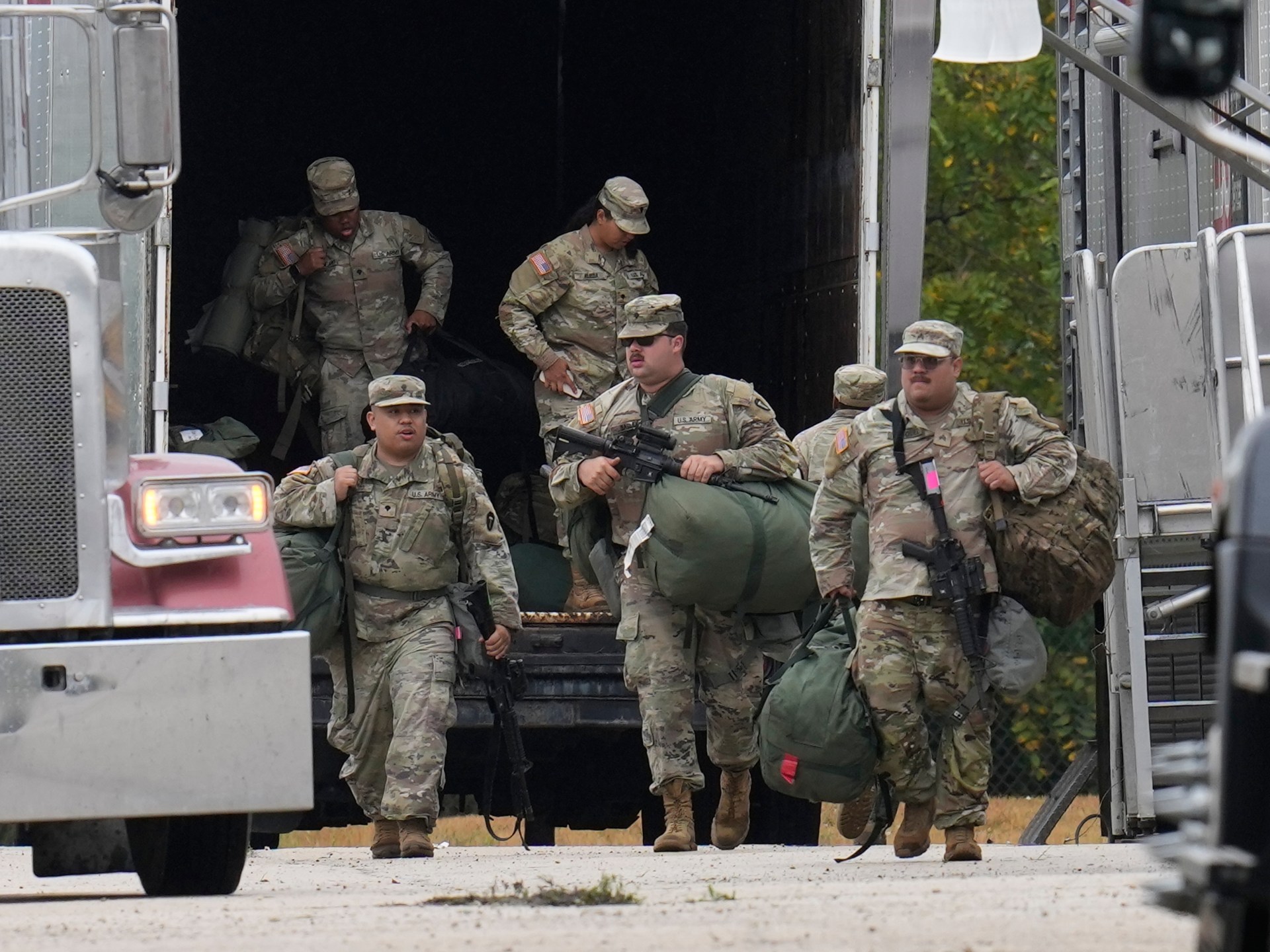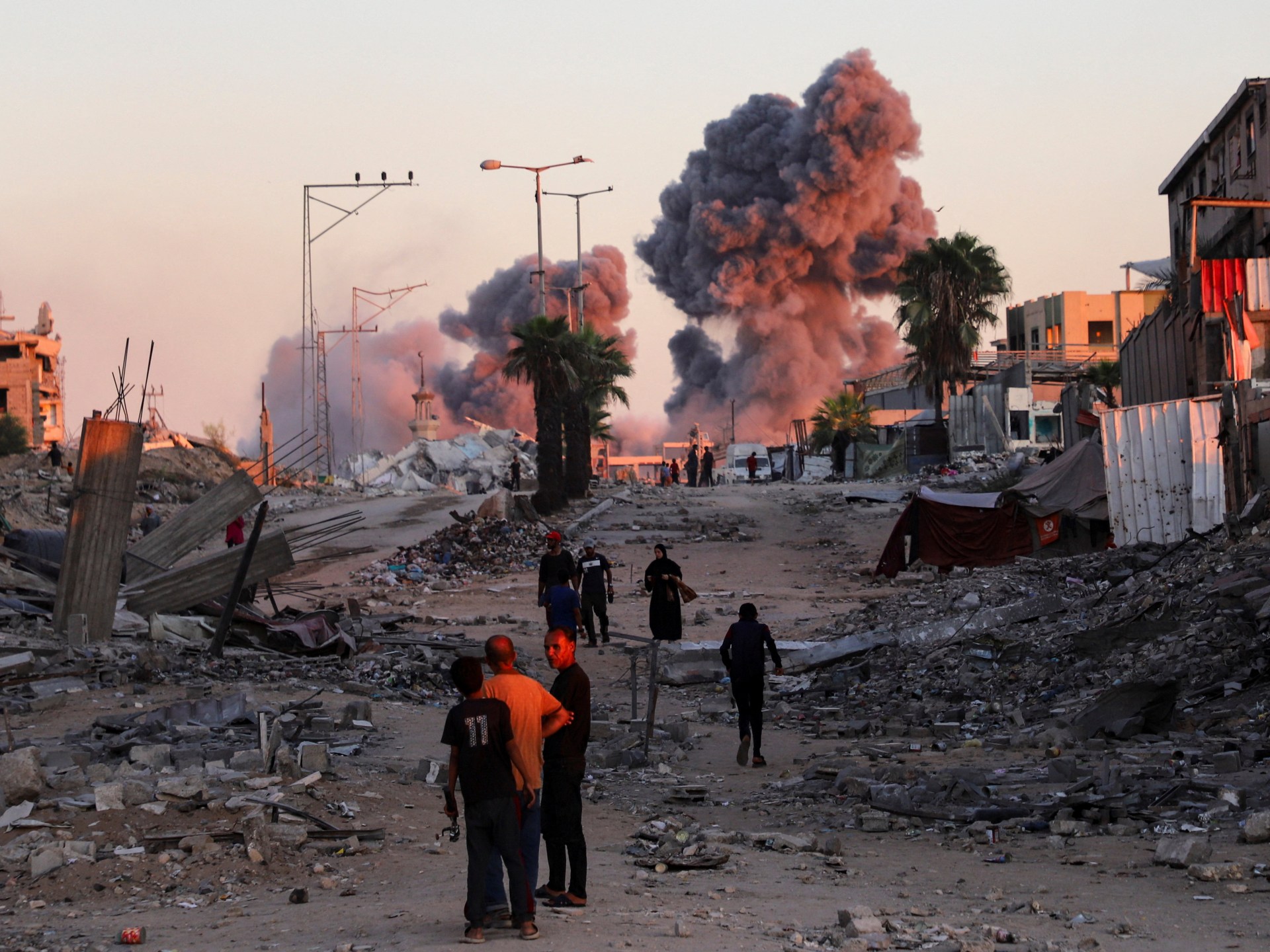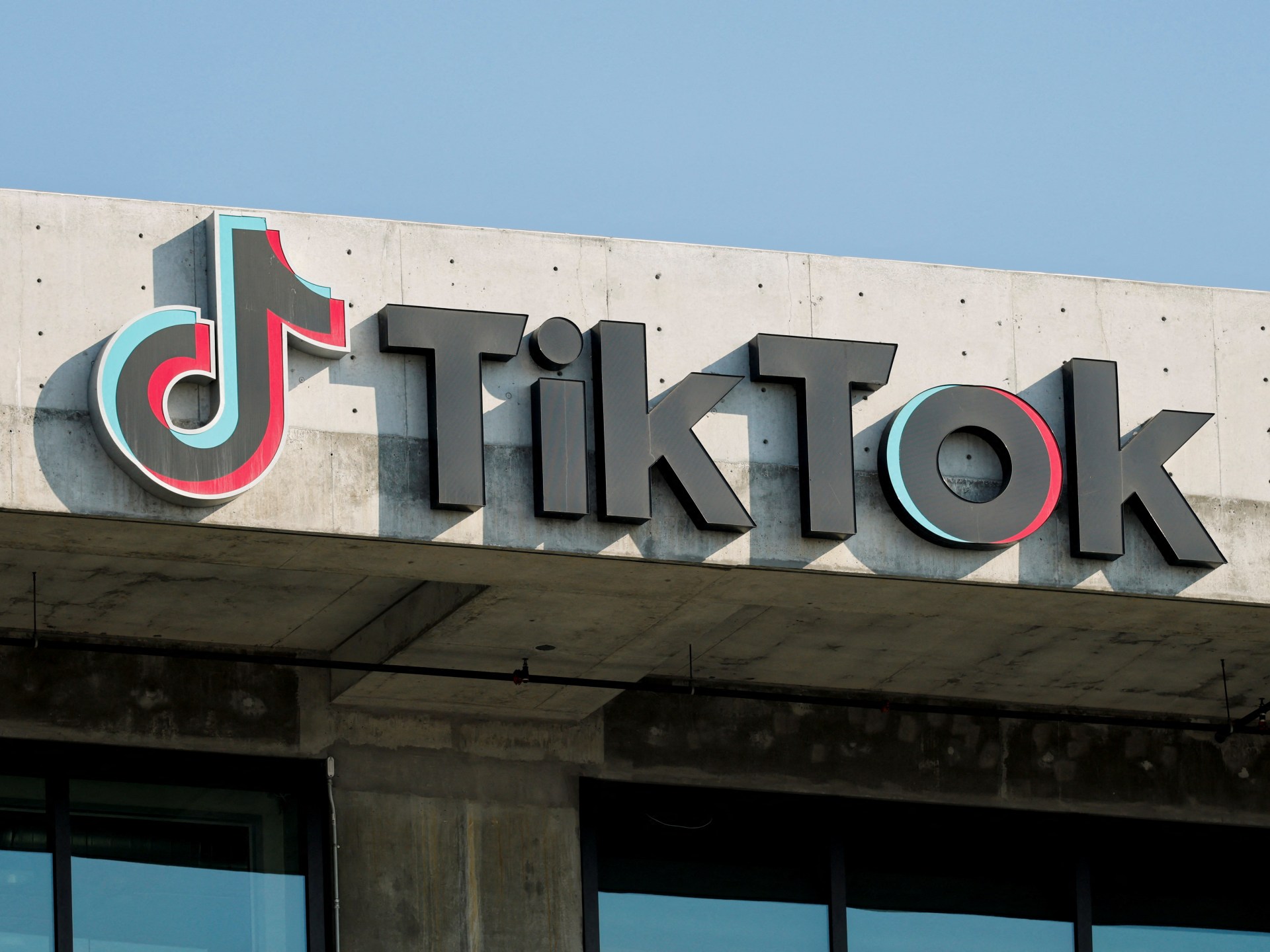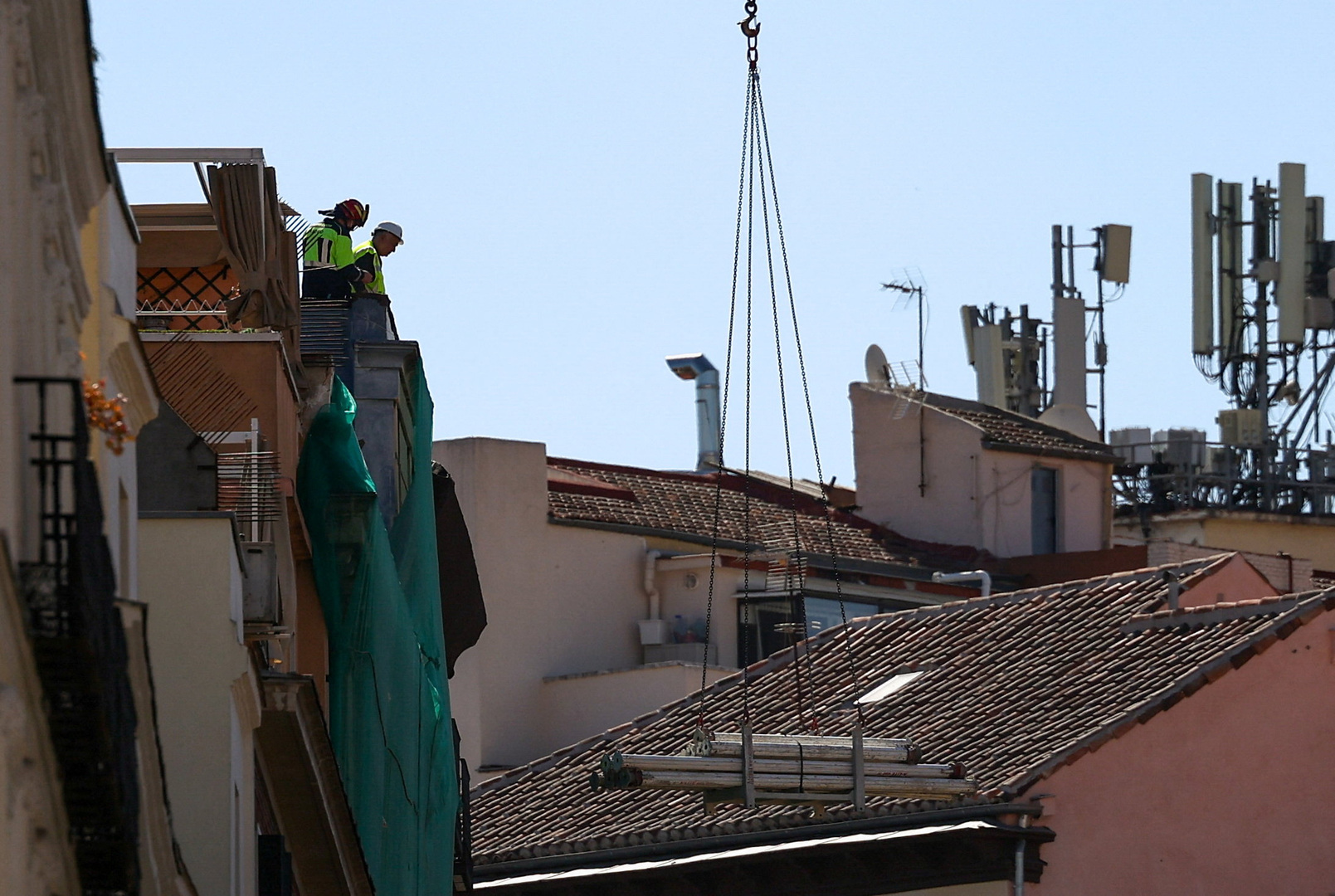Washington, DC – Two years into the war on Gaza, legal scholars have emphasised the importance of labelling the mass atrocities Israel is committing against Palestinians as a genocide due to the legal and political implications of the determination.
Additionally, experts stressed that it is the most accurate description of the Israeli campaign, and even some of Israel’s staunchest supporters acknowledged that the country has committed war crimes in Gaza.
Recommended Stories
list of 3 itemsend of list
But experts said Israel’s brutal assault is more than individual violations of the laws of war; it represents a push to destroy the Palestinians and must be described as what it is – a genocide.
Former United Nations official Craig Mokhaiber said genocide involves the violation of core rights that apply without exception; it also invokes an international responsibility to stop it.
“The obligations apply to all states,” Mokhaiber told Al Jazeera. “All states in the world are obliged to use whatever means they have in order to put an end to the genocide and to punish the perpetrators of the genocide and to prevent the genocide in the first instance.”
He noted that the formal name of the 1948 UN Genocide Convention is the Convention on the Prevention and Punishment of the Crime of Genocide.
Adopted by 153 countries – including the United States, all Western powers and Israel – the convention is the ultimate international law on genocide.
“The Contracting Parties confirm that genocide, whether committed in time of peace or in time of war, is a crime under international law which they undertake to prevent and to punish,” it reads.
Susan Akram, director of Boston University’s International Human Rights Clinic, said describing the assault on Gaza as a genocide is “critical”.
“Genocide is the most serious of international crimes, and because of that, the Genocide Convention requires all states parties to prevent and punish it, so the recognition that it is genocide automatically triggers obligations on state parties,” Akram told Al Jazeera.
What is a genocide?
The convention defines genocide as “acts committed with intent to destroy, in whole or in part, a national, ethnical, racial or religious group”.
Genocidal acts include killing and injuring members of the targeted group, prevention of births and imposing “conditions of life calculated to bring about” the physical destruction of the group.
Any one of the acts listed in the convention can amount to carrying out a genocide. It does not need to be all of them.
In the case of Gaza, UN investigators and rights groups have found Israel to be carrying out several of the acts listed in the convention.
“The Israeli authorities intended to kill as many Palestinians as possible through its military operations in Gaza since 7 October 2023 and knew that the means and methods of warfare employed would cause mass deaths of Palestinians, including children,” a UN commission of inquiry said in a report last month.
The UN investigators also pointed to a long list of Israeli officials and military commanders calling for collective punishment and mass violence against Palestinians as proof of genocidal intent.
The findings added to the growing consensus by rights groups and international legal scholars that Israel is committing genocide in Gaza.
Amnesty International, B’Tselem, Human Rights Watch, UN experts and the International Association of Genocide Scholars (IAGS) have all accused Israel of genocidal acts in Gaza.
So has the Lemkin Institute for Genocide Prevention, which is named after Polish-Jewish lawyer Raphael Lemkin, who is credited with coining the term genocide after the Holocaust.
Israel has turned most of Gaza into rubble, killing more than 67,000 people and injuring nearly 170,000 more.
Repeated forced displacement orders by the Israeli military have rendered nearly all of the territory’s population homeless, and a strict blockade on humanitarian aid has sparked a famine in the Gaza Strip.
The Israeli military has also been targeting medical facilities across Gaza while blocking fuel and medical supplies needed for the operation of hospitals in the enclave.
But Israel rejects accusations of genocide, often dismissing them as anti-Semitic, claiming that it is carrying out a self-defence campaign against Hamas.
The ICJ case
Israel is facing genocide accusations, brought by South Africa, at the International Court of Justice (ICJ), but the top UN tribunal could take months, if not years, to make a final determination in the case.
Still, the ICJ has issued three sets of provisional measures, including ordering Israel to prevent genocidal acts in Gaza.
In an interim ruling in January 2024, the ICJ found that it is “plausible” that Israel is violating the Genocide Convention.
Two months later, the court ordered Israel to enable the “unhindered provision” of aid to Gaza as deadly hunger was starting to spread in the enclave due to the Israeli blockade. Israel has not followed the order.
In May of that year, the ICJ issued another directive ordering Israel to halt its offensive against the southern Gaza city of Rafah, where most of the territory’s population was sheltering at that time. Israel continued with the operation.
The UN Independent International Commission of Inquiry on the Occupied Palestinian Territory said in its September report that the first ICJ ruling put “all states on notice”.
“As such, the duty to prevent genocide was triggered due to the actual or constructive knowledge of the immediate plausibility that genocide was being or was about to be committed,” the report said.
Boston University’s Akram agreed.
“It’s not at all a mystery what states are required to do. They have to take all means within their powers to punish – and most importantly stop – an ongoing genocide,” she told Al Jazeera.
“So why this has not triggered a global sanctions regime is really a failure of the international system.”
‘Every individual’s obligation’
The International Criminal Court (ICC) may prosecute Israeli officials on genocide charges.
The ICC last year issued arrest warrants for Israeli Prime Minister Benjamin Netanyahu and his former Defence Minister Yoav Gallant for alleged war crimes in Gaza, including using starvation as a weapon of war. But the tribunal has not pursued genocide charges in the conflict.
With a US veto looming over any UN Security Council resolution critical of Israel, the enforcement of genocide prevention – outside international courts – largely falls to individual states.
Some international coalitions, including The Hague Group, have been pushing for concrete measures to hold Israel accountable for its abuses in Gaza.
Despite the shift in public opinion and the growing recognition of a Palestinian state, Israel has maintained strong trade and diplomatic ties with most of its Western allies.
Backed by the financial and diplomatic might of the US, Israel has been enjoying what rights advocates describe as impunity for its genocidal campaign in Gaza.
In the US, a group of Palestinians and Palestinian Americans sued the administration of then-President Joe Biden in the early months of the war for failure to prevent genocide.
The plaintiffs sought an order to halt US assistance to Israel.
Last year, Judge Jeffrey White dismissed the case, arguing that federal courts do not have jurisdiction over foreign policy.
Still, White found that the evidence presented in the case indicated “the ongoing military siege in Gaza is intended to eradicate a whole people and therefore plausibly falls within the international prohibition against genocide”.
“It is every individual’s obligation to confront the current siege in Gaza, but it [is] also this Court’s obligation to remain within the metes and bounds of its jurisdictional scope,” he wrote.
A political solution
Ernesto Verdeja, an associate professor of political science at the University of Notre Dame, said that while legal avenues to stop the genocide in Gaza are important, the solution is ultimately a political one.
“It’s a solution that requires real, sustained and broad-based political pressure, and that includes not only political leaders and states but also civil society movements to get the Israeli state to stop carrying out this absolutely appalling set of attacks on Gazan civilians,” Verdeja told Al Jazeera.
He added that the war on Gaza should be called a genocide for the sake of accuracy, underscoring that denial of the genocide in Gaza often pivots to justifying the mass atrocities Israel is committing in the enclave.
“The bad-faith version of the argument essentially says, ‘Well, it’s not really genocide; therefore, it’s justified,’” Verdeja told Al Jazeera.
He warned against focusing on legal technicalities, court rulings and definitions, rather than pushing to stop the horrors unfolding in Gaza.
